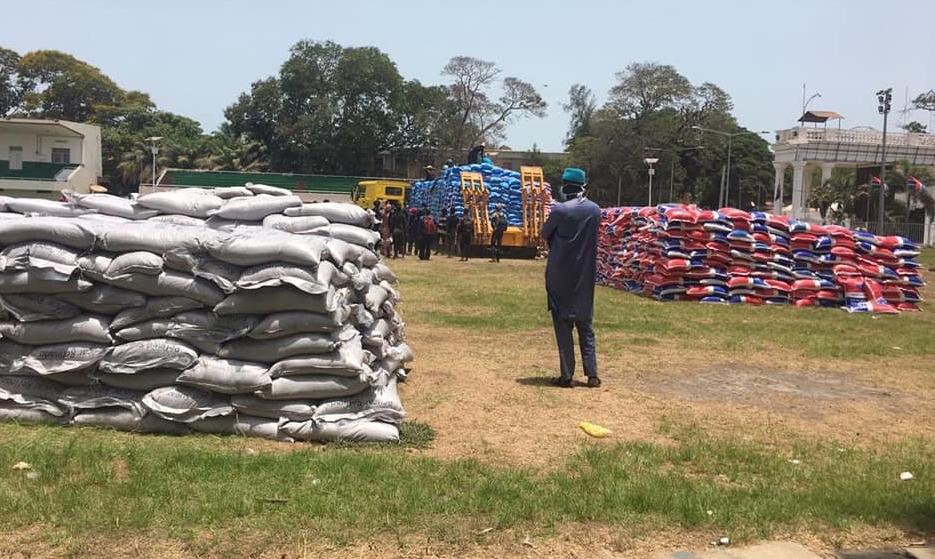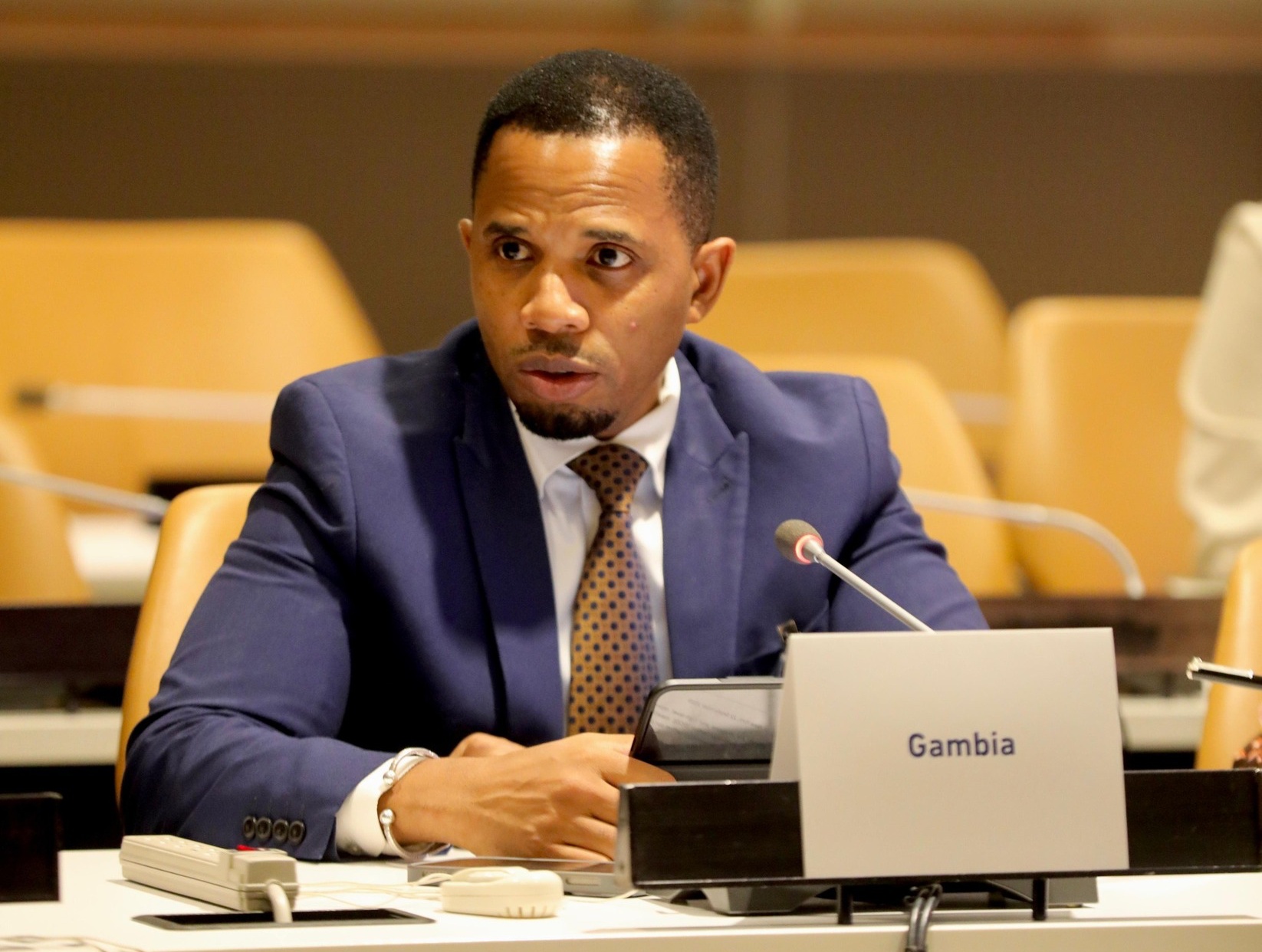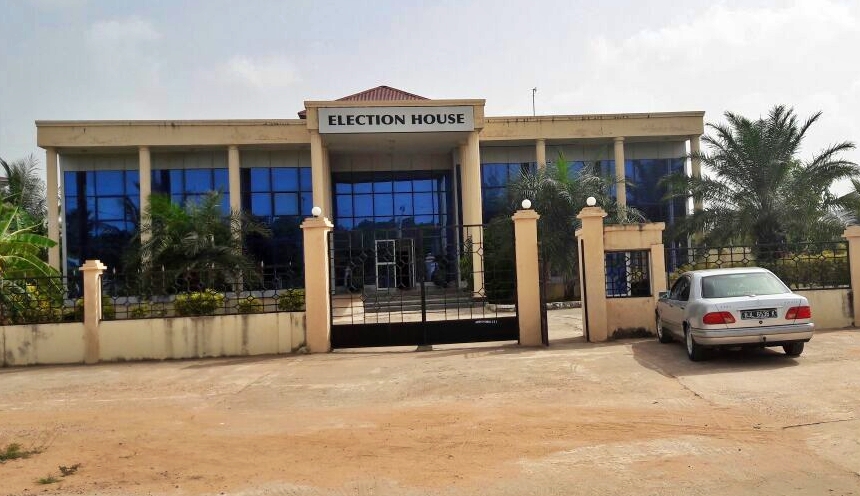Gambiaj.com – (ABUJA, Nigeria) – Aviation stakeholders from across West Africa have renewed calls for the urgent implementation of the Single African Air Transport Market (SAATM), emphasizing its critical role in reducing the soaring cost of air travel across the continent and unlocking regional economic potential through improved connectivity.
Speaking at the opening of the 18th Plenary Meeting of the Banjul Accord Group (BAG) in Abuja on Monday, Nigeria’s Minister of Aviation and Aerospace Development, Festus Keyamo, underscored the need for decisive action to actualize SAATM. He noted that the initiative holds the key to achieving the African Union’s Agenda 2063 and repositioning African air travel as an affordable, seamless, and competitive mode of transportation.
“SAATM represents the vision of seamless air connectivity across Africa,” Keyamo stated. “It promises to reduce travel time, increase user satisfaction, and bring down travel costs. But this will only be realized if we all move beyond words and take deliberate, coordinated steps to implement it.”
Established in 2018 as a flagship project under the African Union’s Agenda 2063, SAATM seeks to create a single unified air transport market across the continent, thereby improving access and reducing travel costs for passengers and cargo. However, implementation has lagged due to regulatory, political, and institutional barriers—leading to persistently high ticket prices and limited intra-African connectivity.
Keyamo called on BAG member states—which include Nigeria, Ghana, Liberia, Sierra Leone, Guinea Conakry, Cape Verde, and The Gambia—to eliminate non-physical barriers, particularly the high operational and ticketing costs that make air travel unaffordable for most Africans.
“Our skies must no longer be defined by closed borders, but by open opportunities,” the minister declared, affirming Nigeria’s commitment to the BAG vision of regional cooperation, safety, and integration.
A similar sentiment was echoed by Adefunke Adeyemi, Secretary General of the African Civil Aviation Commission (AFCAC), who urged countries in the BAG region to domesticate SAATM’s provisions within their national aviation policies and laws. She called for regulatory reforms aligned with SAATM’s revised principles to drive real progress on the continent.
“When we open our skies to each other, we open our economies, we open our borders, and we open our paths,” Adeyemi said. “A connected path is a competitive path, and a competitive path is a prosperous Africa.”
The need for urgency was reinforced by other speakers at the plenary, which brought together Directors General of Civil Aviation from the seven BAG countries.
Nigeria’s DG of Civil Aviation, Capt. Chris Najomo, emphasized that while sub-regional cooperation has yielded results, infrastructure gaps, safety risks, and personnel shortages continue to hinder progress. He noted that digital transformation must also be prioritized.
For his part, Fansu Bojang, Head of the BAG Secretariat and Director General of The Gambia Civil Aviation Authority, stressed that while significant strides have been made, the region must “work harder to unlock its full potential” by addressing identified challenges with renewed resolve.
“The dream of BAG’s founding fathers is within reach, but we must remain relentless in removing the barriers that still restrain our skies,” Bojang said.
Representing the Nigerian Senate Committee on Aviation, Senator Augustine Akobundu reaffirmed the National Assembly’s commitment to strengthening aviation policies that promote regional harmonization, safety, and infrastructure development. He stressed the importance of harmonized policies in making West African aviation more accessible and efficient.
Although SAATM has the support of 37 countries accounting for over 80% of African air traffic, actual implementation remains sluggish. Protectionist policies, visa restrictions, and lack of political will continue to hinder its realization, leaving African travelers to pay some of the highest airfare costs per kilometer in the world.
Experts agree that a fully implemented SAATM could reduce airfares by up to 35%, according to studies by the International Air Transport Association (IATA) and African Union institutions. Increased competition and open skies would not only make travel cheaper and faster but would also boost tourism, trade, and economic integration.
As the BAG meeting continues over the next two days, all eyes will be on whether member states can translate their pledges into concrete steps toward making Africa’s airspace a model of affordable, integrated, and sustainable aviation.










